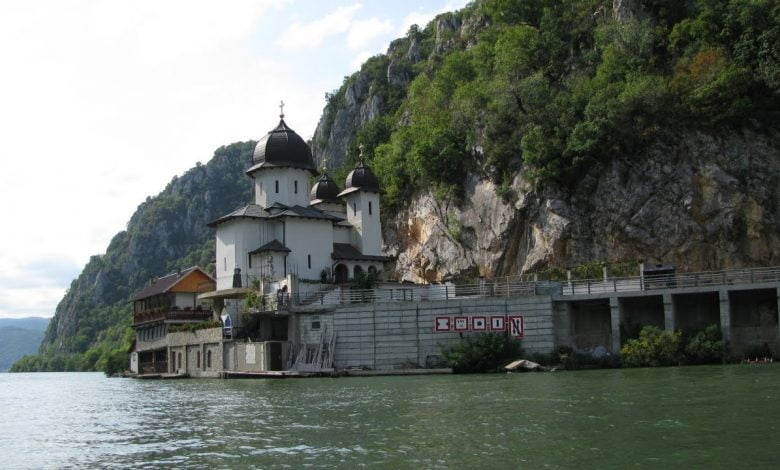The Danube

The Danube (/ˈdæn.juːb/ DAN-yoob; known by various names in other languages) is Europe’s second-longest river after the Volga, flowing through much of Central and Southeastern Europe, from the Black Forest into the Black Sea. Its longest headstream Breg rises in Furtwangen im Schwarzwald, while the river carries its name from its source confluence in Donaueschingen onwards.
The Danube was once a long-standing frontier of the Roman Empire and today is the river running through the largest number of countries in the world (10; the Nile is second with 9). Originating in Germany, the Danube flows southeast for 2,850 km (1,770 mi), passing through or bordering Austria, Slovakia, Hungary, Croatia, Serbia, Romania, Bulgaria, Moldova and Ukraine before drainin
g into the Black Sea. Its drainage basin extends into nine more countries. The largest cities on the river are Vienna, Budapest, Belgrade and Bratislava, all of which are the capitals of their respective countries. Six more capital cities lie in the Danube’s basin: Bucharest, Sofia, Zagreb, Ljubljana, Sarajevo and Pristina. The fourth-largest city in its basin is Munich, the capital of Bavaria, standing on the Isar River.
